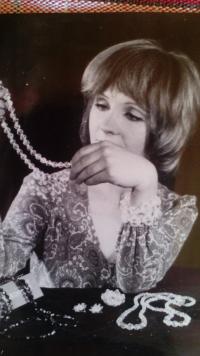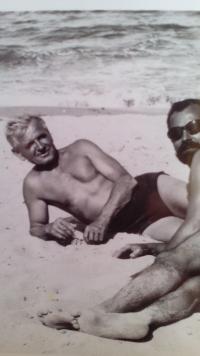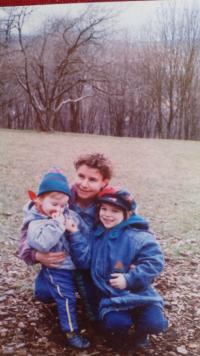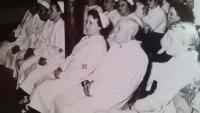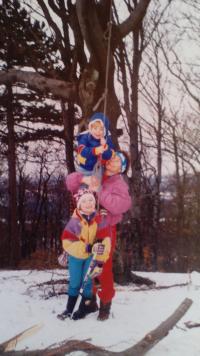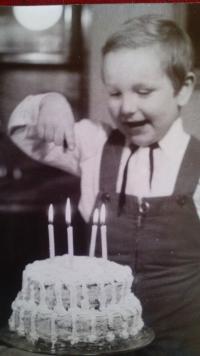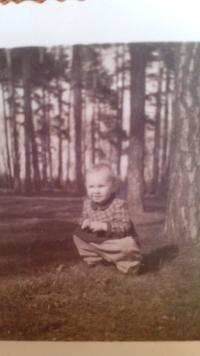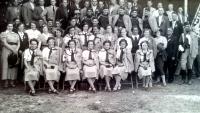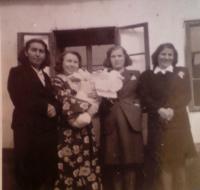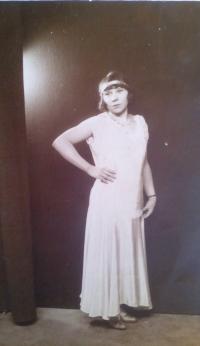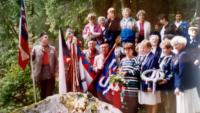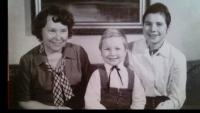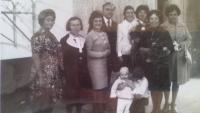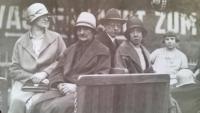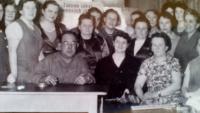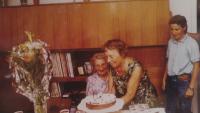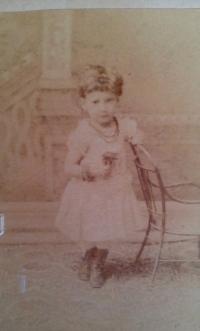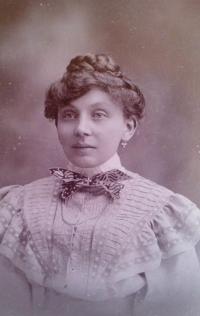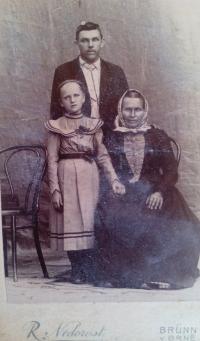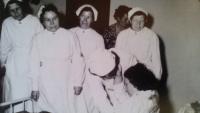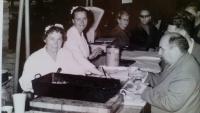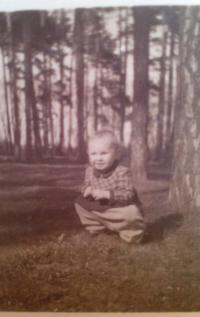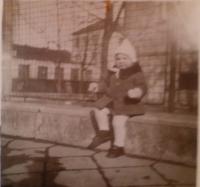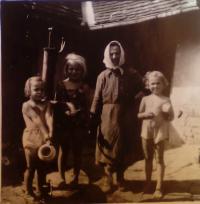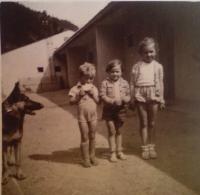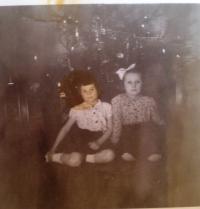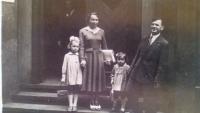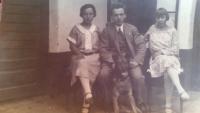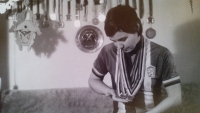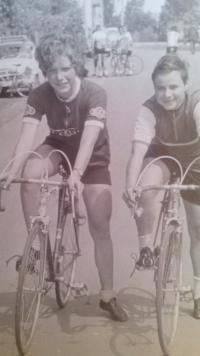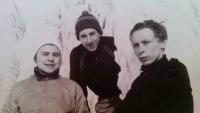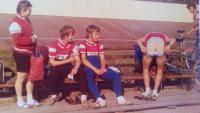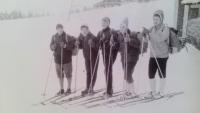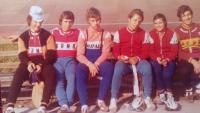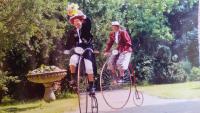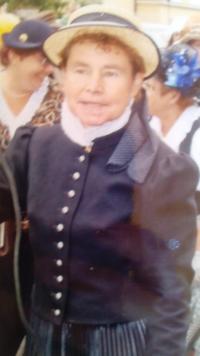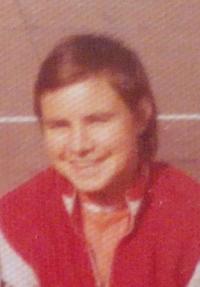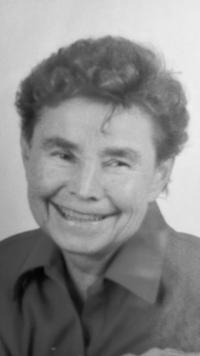I had to quit cycling in Austria, but the return to Czechoslovakia was out of question

Download image
Iva Zajíčková-Stafová was born on March 9, 1948 in Brno. She is a former member of the Czechoslovak national team in track cycling. Nine times she won the world championship in riding on historic bicycles, and she holds two silver and four bronze medals from world championships in sprint races in track cycling. She experienced the collectivization of her grandfather’s farm in Ždánice in the 1950s. The whole family had problems with the communist regime, because her father left the Communist Party in the early 1950s. As a punishment he was sent to work in the uranium mines in Dolní Rožínka. This fact then showed up in the personal evaluation of Iva’s sister Jitka, who was not admitted to study at a university as a result of that. Iva graduated from the faculty of electrical engineering. She began with cycling in the sport club TJ Favorit in Brno, and since her career looked promising, she believed that she would be able to go to major races in the West as well. However, she was often forbidden to do so and in 1980 this made her emigrate to Austria where she was promised to receive an Austrian citizenship as well as becoming a member of the Austrian national team. Unfortunately she soon had to quit her career in Austria, because due to an intervention of the Czechoslovak Cycling Federation she did not receive a license for participating in international competitions. Her sister Jitka emigrated to Austria in 1982. Iva Zajíčková-Stafová returned to Czechoslovakia after the Velvet Revolution, and in 2006 she permanently settled in Ždánice and she became elected the town’s mayor.
